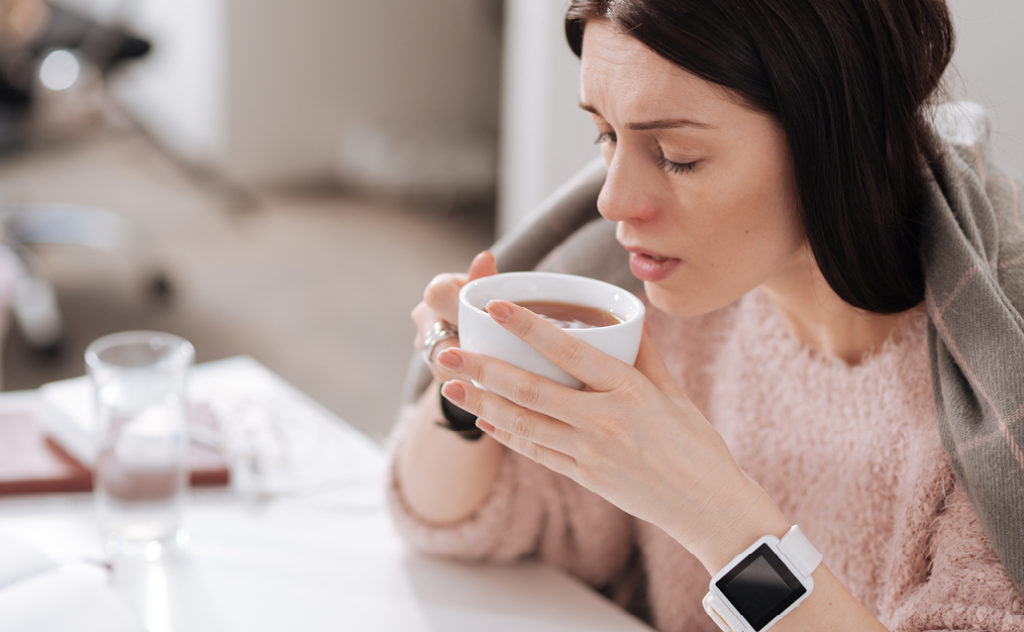
Over the last 20 years, alternative or holistic medicine has skyrocketed in popularity and sometimes it’s easy to see why. If you have cancer, you’re often facing six months of chemo, losing your hair, nausea and vomiting, and being stuck in a chair for days on end. Alternatively, you could drink a tea and do a coffee enema.
Now, most people reading this will understand the need for chemotherapy treatments. But does the tea and coffee kind of treatment have any basis in science?
Where did holistic medicine begin?
In the late 1960s, the visibility of Chinese immigrants and their “natural” remedies came to light. These practices originated from thousands of years of passed-down knowledge. When shops popped up in more urban districts, more and more started to believe that herbs and teas could cure all manner of ailments. Fast forward to today, the World Health Organization estimates that 80% of the planet population uses herbal medicines. When Western medicine is frustrating, more people turn to alternative treatments.
Today, however, alternative treatments are a slippery slope. Infomercials, Amazon and pop-up shops sell all manners of herbs and supplements with little or no oversight. These supplements are largely unregulated and, therefore, can be sold to consumers at will. What you buy at the drugstore may or may not have the ingredients that really helped the Chinese for over a millennia. Companies can grow, cut, dilute and alter the products they sell in order to stretch a profit. By the time many consumers get a bottle of pills, many of the benefits an herb had, if any, may be long gone or reduced in potency to ash.
So, does holistic medicine work?
Many ancient herbs DO have sound medical application and some, such as the Chinese herb ma huang, can be used to extract ephedrine, a known anti-asthmatic. Many species, such as St. John’s wort, is so powerful that it can counteract many prescription medications people are taking.
As there is little money in large pharmaceutical companies with natural remedies, the studies that could prove their efficacy are limited. John Hopkins has been studying many common herbal remedies and have found some positive results. As with any treatment, you should discuss and open communication with your physician and/or pharmacist to see if adding herbal supplements to your diet is right and/or safe.
Gain a broader and better understanding of healthcare. Explore American College of Education’s fully online healthcare programs and nursing programs.

